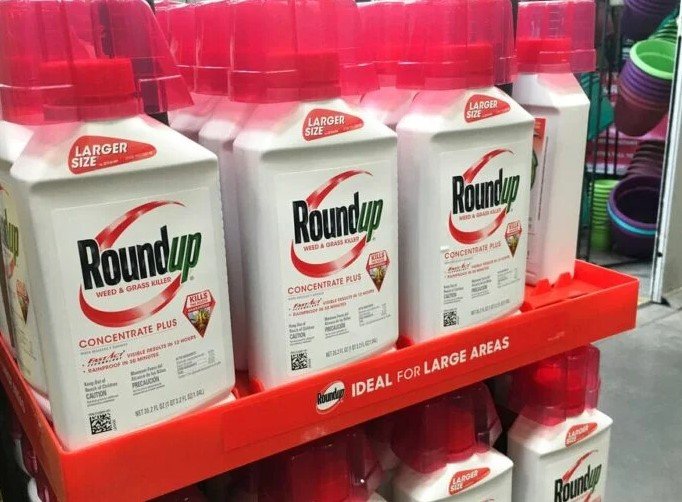A Georgia jury has handed down a staggering $2.1 billion verdict against Bayer, the parent company of Monsanto, over claims that its Roundup weedkiller caused a man’s cancer — marking one of the largest payouts yet in the ongoing legal saga surrounding the controversial herbicide.
A Landmark Decision in a Long-Running Battle
John Barnes, the plaintiff, filed his lawsuit back in 2021, alleging that years of exposure to Roundup led to his diagnosis of non-Hodgkin’s lymphoma. After a drawn-out legal fight, the jury sided with Barnes, awarding him $65 million in compensatory damages and a jaw-dropping $2 billion in punitive damages.
Barnes’ attorney, Kyle Findley from Arnold & Itkin LLP, described the verdict as an “important milestone” — not just for his client but for the wider fight to hold Monsanto accountable.
“It’s been a long road for him … and he was happy that the truth related to the product has been exposed,” Findley said, emphasizing the emotional weight of the win.

Bayer Pushes Back — Again
Bayer, which acquired Monsanto in 2018 for $63 billion, wasn’t surprised by the decision — but it wasn’t backing down either. The company swiftly announced plans to appeal, maintaining its stance that Roundup is safe when used as directed.
The agrochemical giant has consistently pointed to regulatory bodies like the U.S. Environmental Protection Agency (EPA), which concluded glyphosate — Roundup’s key ingredient — is “not likely” to cause cancer in humans.
Still, that hasn’t stopped courts from ruling otherwise. Since Bayer took ownership of Monsanto, it’s faced tens of thousands of lawsuits and has paid billions in settlements. This latest ruling, however, stands out for the sheer size of the damages.
A Payout of Unprecedented Scale
Here’s a breakdown of how the $2.1 billion award stacks up:
| Type of Damages | Amount |
|---|---|
| Compensatory | $65 million |
| Punitive | $2 billion |
| Total | $2.1 billion |
The punitive damages — designed to punish the company for its alleged misconduct — dominate the payout. Legal experts say such massive figures are meant to send a clear message, though appeals courts often reduce or overturn extreme awards.
What’s Next for Bayer — and Roundup?
This verdict is another blow to Bayer’s efforts to close the book on the Roundup controversy. The company has already set aside $16 billion to settle past and future claims, but fresh lawsuits continue to pour in.
Bayer’s appeal could take months or even years to resolve. Meanwhile, Roundup remains on store shelves. The company plans to replace the glyphosate-based formula in U.S. residential products by 2026, though it will keep selling glyphosate to farmers and professionals.
For now, Barnes’ victory stands as a powerful — and costly — reminder that the battle over Roundup is far from over.
